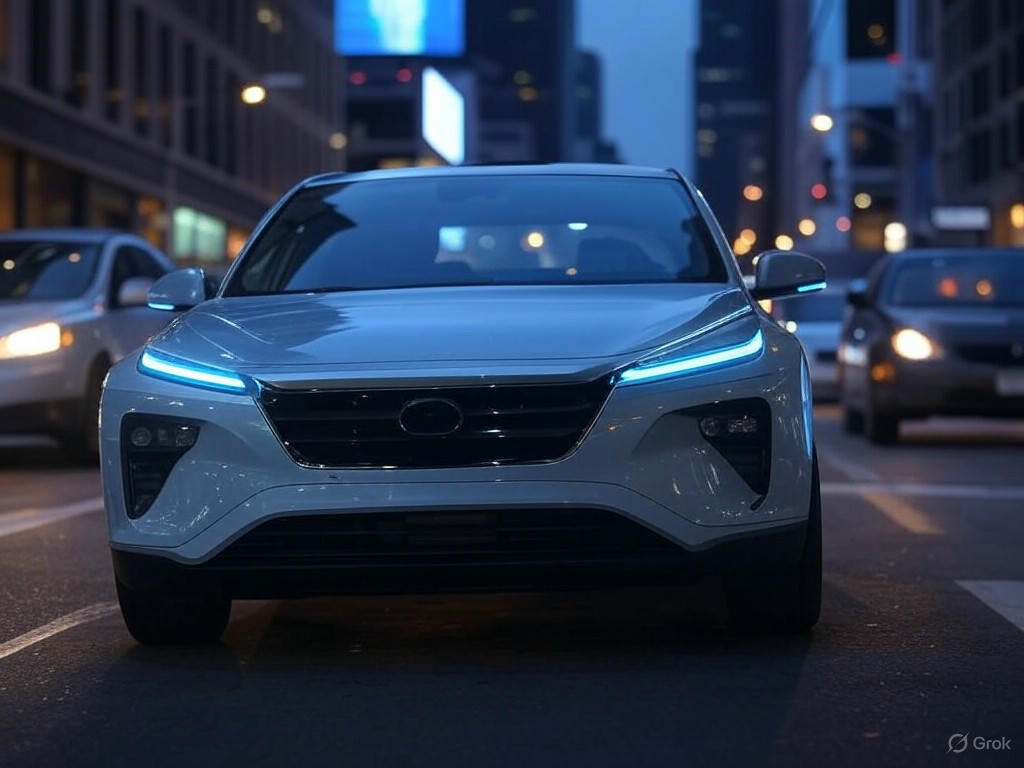The rise of autonomous driving, commonly known as self-driving cars, is poised to revolutionize various aspects of society. From safety and traffic management to job markets and urban planning, the implications of this technology are far-reaching and multifaceted. This article explores the potential impacts of autonomous vehicles on society, considering factors such as safety, regulations, the job market, technology adoption, liability, urban planning, and ethical considerations.
Safety
One of the primary arguments in favor of autonomous driving is the potential to enhance road safety. Self-driving cars are equipped with advanced sensors and algorithms that can react faster than human drivers, potentially reducing accidents caused by human error. According to the National Highway Traffic Safety Administration, 94% of serious crashes are due to human error. Autonomous vehicles could significantly reduce this statistic, leading to safer roads.

Traffic Management
Autonomous vehicles are also expected to improve traffic flow and efficiency. With the ability to communicate with each other and with traffic management systems, self-driving cars can optimize routes and reduce congestion. This could lead to smoother traffic, shorter commute times, and lower emissions, contributing to more sustainable urban environments.
Regulations
As autonomous driving technology advances, governments worldwide are grappling with the need for new regulations. These regulations must address issues such as vehicle standards, data privacy, and cybersecurity. The development of a comprehensive regulatory framework will be crucial to ensuring the safe and equitable deployment of self-driving cars.
Job Market
The impact of autonomous driving on the job market is a double-edged sword. While it may create new jobs in technology and engineering sectors, it also threatens to displace traditional driving jobs, such as truck and taxi drivers. Policymakers must consider strategies to retrain and support workers affected by this transition.
Technology Adoption
The adoption of autonomous driving technology will depend on several factors, including cost, reliability, and public acceptance. As the technology matures and becomes more affordable, its adoption is likely to accelerate. However, overcoming public skepticism and ensuring the technology's reliability will be essential for widespread acceptance.
Liability
Liability is a significant concern in the context of autonomous driving. Determining who is responsible in the event of an accident—whether it be the vehicle manufacturer, the software developer, or the vehicle owner—remains a complex issue. Clear legal frameworks will be necessary to address these questions and ensure accountability.
Urban Planning
The rise of self-driving cars could transform urban planning and design. With the potential to reduce the need for parking spaces and alter commuting patterns, cities may need to rethink their infrastructure. This could lead to more pedestrian-friendly urban spaces and increased opportunities for green development.
Ethical Considerations
Finally, autonomous driving raises important ethical considerations. For instance, how should a self-driving car be programmed to respond in unavoidable crash scenarios? These "trolley problem" scenarios highlight the need for ethical guidelines that balance the safety of vehicle occupants with that of pedestrians and other road users.

In conclusion, the impact of autonomous driving on society is profound and multifaceted. As this technology continues to develop, it will be crucial for stakeholders to address the challenges and opportunities it presents. By doing so, society can harness the benefits of self-driving cars while mitigating potential drawbacks.